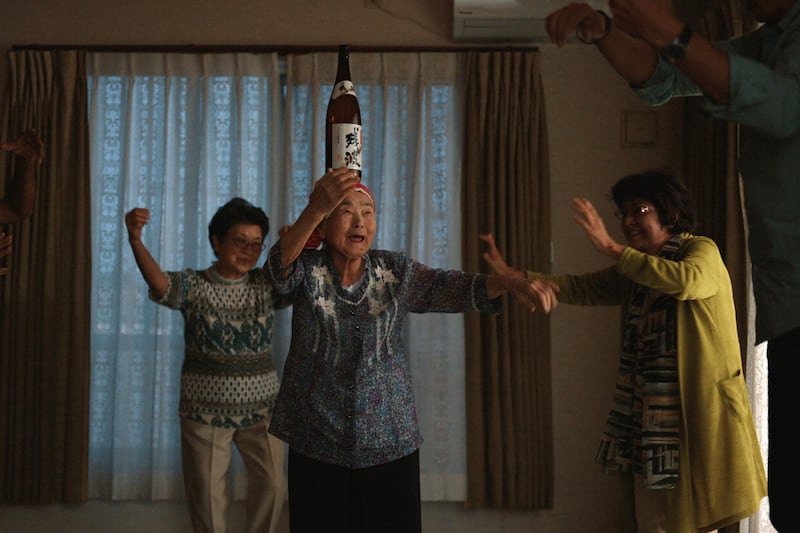African Renaissance: When Art Met Power, BBC 4, Monday
ETHIOPIA is the poster child of an African economic recovery and where Afua Hirsch started her three-part series on the history of Africa through art.
Landlocked, predominately Christian and mountainous, Ethiopia is unique in the continent.
Prior to coronavirus, it was on course to have double-digit growth in 2019/2020, following 9 per cent growth the previous year.
Peace talks and economic reforms by prime minister Abiy Ahmed have won him praise and a Nobel Prize since he came to power in April 2018.
Tourism is also beginning to return to a county better known in the west for a devastating famine in the mid-1980s, sparking the Live Aid response, and also as the home to the self-styled Emperor Haile Selassie.
It is the Battle of Adwa in 1896, however, that provides greater meaning to many Ethiopians.
Here they defeated an Italian army seeking to invade. The victory, according to artist Wendwesen Kebede remains a symbol of "solidarity of all downtrodden people of the world".
However, 30 years later the Italians returned, this time with dictator Benito Mussolini seeking to start a new empire.
Selassie was deposed and exiled while the ancient Obelisk of Aksum was taken as war booty and mounted in Rome.
The Italians agreed to return the obelisk in 1947 but it didn't make it back to Africa until 2005, finally being re-erected in its original spot in 2008.
Wimbledon in London, where Hirsch grew up, seems to have been the starting point for this exploration.
She used to play in a park near to a statue of Selassie, erected to commemorate his time in London during Italian occupation.
Selassie has a chequered history at home but for followers of the Rastafari movement, centred in Jamaica, he is a deity.
There are many more intriguing aspects to this fascinating county, such as its adherence to Christianity, its unique language and alphabet and the possible site of the Ark of the Covenant at Aksum.
Hirsch's programme was uneven and rather awkwardly scripted but an enjoyable watch all the same.
Strangely, however, there was no mention of China, Ethiopia's largest trading partner and donor.
Through it's Belt and Road programme, China is seeking to gain international influence and fealty through enormous investments and loans.
In Ethiopia, this means damns, railway projects, skyscrapers and sports stadiums.
One study shows that Beijing accounts for half of all Ethiopia's national debt after loans of almost $14 billion between 2000 and 2018.
The IMF, US, EU and the Ethiopian government appear to recognise the dangers in this situation but it is essential that if the country is to be at the vanguard of a new Africa then it must not enter a new kind of colonialism.
****
The Young Offenders, BBC Three/iPlayer
I should never have doubted them. Series three of The Young Offenders may have started weakly but it's roared back into form now.
Episode six may go down as one of the great episodes. As funny, touching and heart-warming as the best of the first series.
It starts with Jock and Connor deciding they had outgrown Cork and were moving to Spain to open a bar, but transformed into another insight into the life of Billy Murphy.
While a sometimes peripheral character, damaged and violent Billy is often at the centre of the show's best moments.
When Billy hijacked a bus at knifepoint is probably when the show matured.
On this occasion, Billy, whom everyone fears has a head injury from a fall in Mairead's kitchen, marches to the only place when he shared a happy moment with his mother after getting a phone call to say she was dead.






